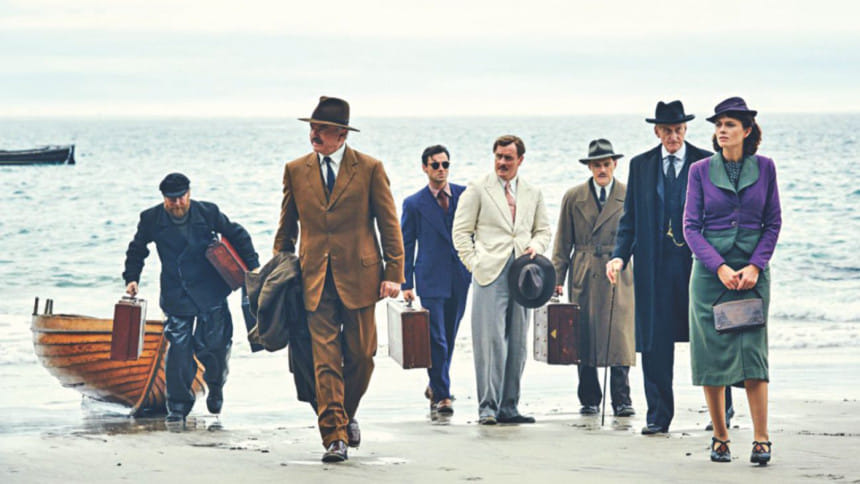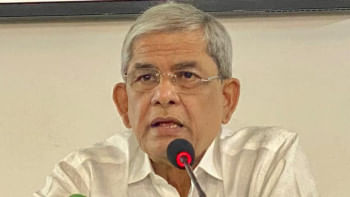One of Us is the Killer

And Then There Were None is the quintessential murder mystery. It remains Agatha Christie's finest work: elegant in its premise, unpredictable at every step and relentless. In a time where crime shows are topping the ratings it seems only natural that BBC One release an adaptation of one of the great whodunits.
The three hour miniseries sees an ensemble cast gathered on Soldier Island, their characters invited there under various pretexts by the mysteriously absent U. N. Owen, whom they one by one confess to have never met. Things take a turn for the worse when the dutiful butler Rogers (Noah Taylor, to whom Jaime Lannister had lent a hand) plays a recording over dinner during which a voice calls them each out by name and accuses them each of murder. Despite their protestations of innocence the voice sentences them to death, and over the next few days as the characters are stranded on the house by inclement weather the threat is made good on. Central to the conceit is a nursery poem from which the story borrows its title: the story of ten little soldier boys who individually remove themselves from the rhyme until none remain. The fate of each soldier boy matches the circumstances under which each victim is slain, and to add to the mounting sense of dread it becomes apparent to the dwindling survivors that one of them is the killer.
With such a large cast whose roles have often little longevity, it is inevitable that most of the characters feel a bit one-note and stereotypical, though the decision to hire veteran actors certainly helps get the most out of them. Easily the most fleshed-out character is Vera Claythorne, who has the luxury of being complex and volatile, and her gradual unravelling is expertly portrayed by Maeve Dermody, whom we should all be watching more of. Charles Dance receives top billing as Justice Wargrave, and his patrician bearing gels well with Sam Neill's General MacArthur; of late Neill seems to be specialising in tormented post-WWI British authority figures. Also playing to type is Burn Gorman, whose Detective Sergeant Blore is as rough and ready as his roles in Game of Thrones and The Dark Knight Rises. Blore is complemented by Dr. Armstrong, who in Toby Stephens' hands is a man always at the edge of collapse. Philip Lombard is in very much in the flesh as Aidan Turner, who brings a very raw charisma to bear on each of his scenes.
Turner's performance is exemplary of an important departure in tone from the Christie novel: the miniseries allows itself to be sexual and explore a side of British society that literature from that period tended to avoid. Themes such as alcohol and drugs are overt, and homosexuality is touched upon in the altered backstories of the characters. These changes are likely to be divisive and interpreted as emblematic of modern TV's love for the dark and edgy. I myself am not a fan of adaptations slavishly copying the original and feel that these embellishments make the story feel more real, fleshing out areas that Christie turned a blind eye to.
If you are unfamiliar with And Then There Were None, the miniseries is as good a run through the plot as any, and fans of the story will find the performances to be worthy. Dermody and Turner alone make it worth a binge.
Zoheb Mashiur is a prematurely balding man with bad facial hair and so does his best to avoid people. Ruin his efforts by writing to [email protected]

 For all latest news, follow The Daily Star's Google News channel.
For all latest news, follow The Daily Star's Google News channel. 



Comments